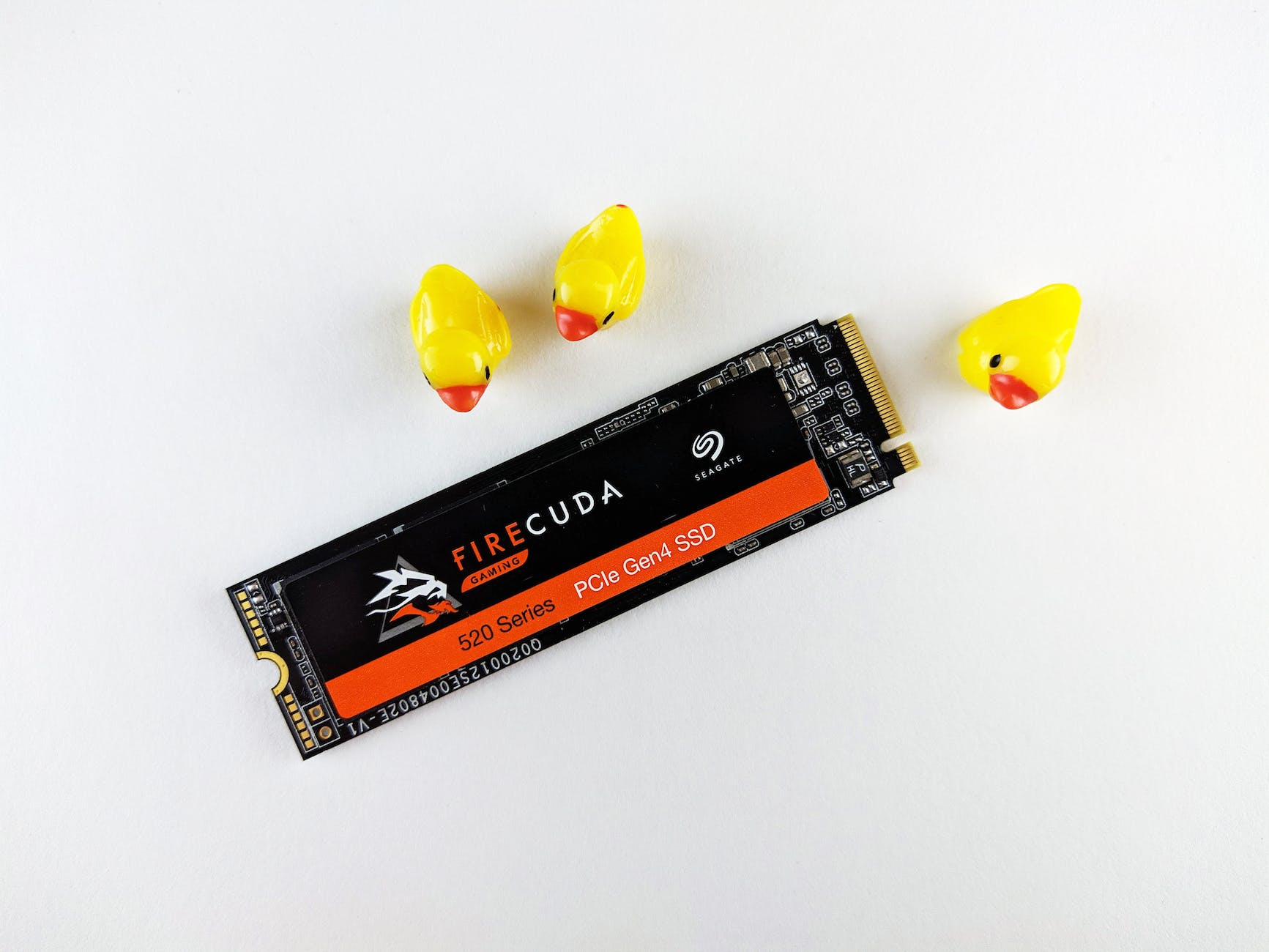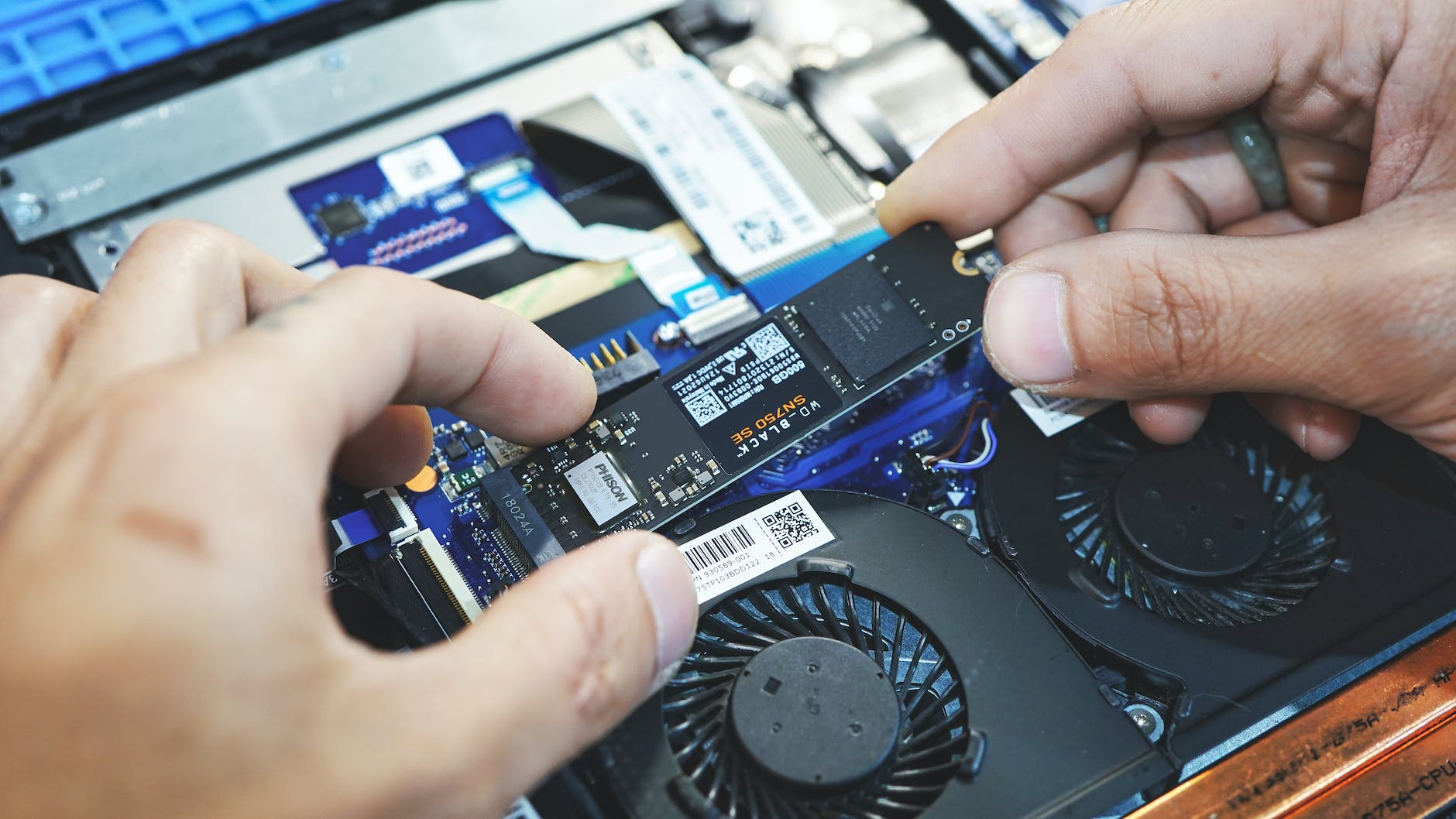Got tech troubles? Don’t wait! Contact us today
📞 (226) 980 9800 or fill out our WebForm click here , and get your devices back on track.
| Aspect | SSD | HDD |
|---|---|---|
| Technology | NAND-based flash memory | Spinning magnetic disks (platters) |
| Speed | Much faster, almost instant data access | Slower, measured in milliseconds for data access |
| Data Access Times | Typically less than 0.1 milliseconds | Measured in milliseconds |
| Random Read/Write Speed | Very high, measured in IOPS (Input/Output Operations Per Second) | Slower, lower IOPS compared to SSDs |
| Sequential Read/Write Speed | Fast, measured in gigabytes per second (GB/s) | Slower, measured in megabytes per second (MB/s) |
| Durability | More durable, resistant to shocks and vibrations | Sensitive to physical shocks and drops |
| Reliability | Generally more reliable, fewer components that can fail | Mechanical components can wear out over time |
| Noise and Heat | Silent operation, minimal heat generation | Can produce noise due to spinning platters and generate more heat |
| Power Consumption | Consumes less power, better for battery life | Consumes more power, may lead to higher electricity bills |
| Price | Historically more expensive per gigabyte | Generally cheaper per gigabyte |
| Capacity | Available in various capacities, smaller sizes for laptops and larger sizes for desktops | Offers larger storage capacities, multi-terabyte drives common |
| Use Cases | Ideal for speed-critical tasks like operating systems, applications, and frequently accessed data | Suitable for mass storage, archiving, and backup where capacity is key |
| Form Factors | Available in standard 2.5-inch and M.2 form factors, suitable for laptops and desktops | Typically available in 3.5-inch and 2.5-inch form factors |
| Lifespan | Limited write cycles but can last several years under typical usage | Mechanical wear can reduce lifespan in heavy-use scenarios |
| Weight | Lightweight due to absence of moving parts | Heavier due to mechanical components |
| Encryption Support | Often includes hardware encryption support | Encryption support varies by model |
| Shock Resistance | Resistant to shocks and vibrations, ideal for portable devices | Sensitive to physical shocks, not recommended for portable devices |

Keep in mind that the choice between SSD and HDD depends on your specific needs, budget, and the type of tasks you’ll be performing on your computer or device. Many users opt for a combination of both types of drives to balance speed and capacity requirements.





